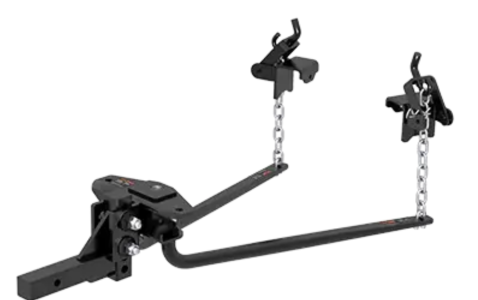Doggggboy
Ultra Member
The back hatch on my Yukon will hit the power jack on my travel trailer if they are not both perfectly level.
I turned the power jack head 120 degrees which helped some and then shaved the corner of the head cover a bit which also helped but it still is too close for comfort.
I went to Princess auto and bought a 14 inch hitch extender but realized when I got home that it would reduce the towing capacity by 50%.
I don't have that kind of wiggle room. The loaded trailer is around 5300 lbs and the Yukon towing capacity is 8500 lbs.
I have 2" solid bar and 2" receiver tube at home.
If it was extended even an inch it would be fine for easier hatch access.
Should I just make my own or would that be a liability waiting to happen?
I turned the power jack head 120 degrees which helped some and then shaved the corner of the head cover a bit which also helped but it still is too close for comfort.
I went to Princess auto and bought a 14 inch hitch extender but realized when I got home that it would reduce the towing capacity by 50%.
I don't have that kind of wiggle room. The loaded trailer is around 5300 lbs and the Yukon towing capacity is 8500 lbs.
I have 2" solid bar and 2" receiver tube at home.
If it was extended even an inch it would be fine for easier hatch access.
Should I just make my own or would that be a liability waiting to happen?

